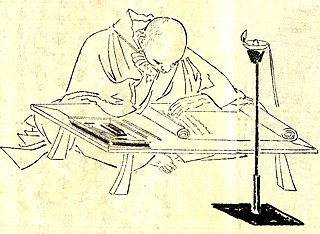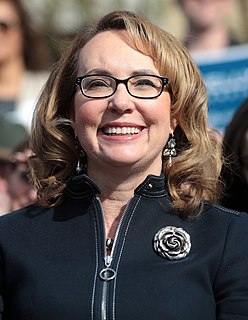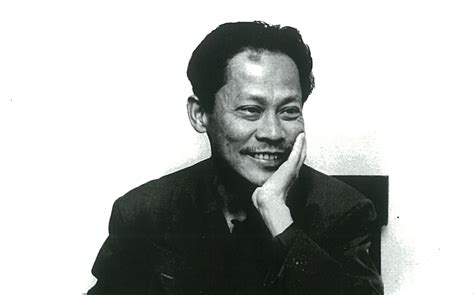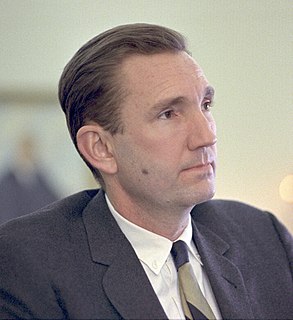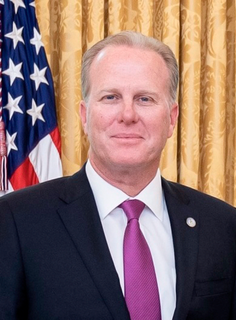A Quote by Henry Thomas Buckle
Related Quotes
I have examined the death penalty under each of its two aspects: as a direct action, and as an indirect one. What does it come down to? Nothing but something horrible and useless, nothing but a way of shedding blood that is called a crime when an individual commits it, but is sadly called "justice" when society brings it about. Make no mistake, you lawmakers and judges, in the eyes of God as in those of conscience, what is a crime when individuals do it is no less an offense when society commits the deed.
In existing criminology there are concepts: a criminal man, a criminal profession, a criminal society, a criminal sect, and a criminal tribe, but there is no concept of a criminal state, or a criminal government, or criminal legislation. Consequently what is often regarded as "political" activity is in fact a criminal activity.
Society, during the last hundred years, has been alternately perplexed and encouraged, respecting the two great questions -how shall the criminal and pauper be disposed of, in order to reduce crime and reform the criminal on the one hand, and, on the other, to diminish pauperism and restore the pauper to useful citizenship?
Society during the last hundred years has been alternately perplexed and encouraged respecting the two great questions: how shall the criminal and pauper be disposed of in order to reduce crime and reform the criminal on the one hand and, on the other, to diminish pauperism and restore the pauper to useful citizenship?
That it is not enough to catch a criminal and get them convicted and so on, because the victim remains with the consequences of the crime. Something needs to be done. Let's complete that process, interact with civil society about this, so that we will specify what is it that we do in the context of that Charter that would then make this positive impact on people who might have been affected by crime.
The best crime stories are always about the crime and its consequences - you know, 'Crime And Punishment' is the classic. Where you have the crime, and its consequences are the story, but considering the crime and the consequences makes you think about the society in which the crime takes place, if you see what I mean.
Our emotions may cry for vengeance in the wake of a horrible crime, but we know that killing the criminal will not undo the crime, will not prevent similar crimes by others, does not benefit the victim, destroys human life and brutalizes society. If we are to still violence, we must cherish life. Executions cheapen life.
Frankenstein took some flesh and bones and blood and made a man out of them; the man ran away and fell to raping and robbing and murdering everywhere, and Frankenstein was horrified and in despair, and said, I made him, without asking his consent, and it makes me responsible for every crime he commits. I am the criminal, he is innocent.
Today the crime novelist has one advantage denied to writers of 'straight' or 'literary' novels. Unlike them he can range over all levels of society, for crime can easily breach the barriers that exist in our stratified society. Because of these barriers the modern literary novel, unlike its 19th-century predecessors, is often confined to the horizontal, dealing only with one class. But crime runs through society from top to bottom, and so the crime novelist can present a fuller picture of the way we live now.


